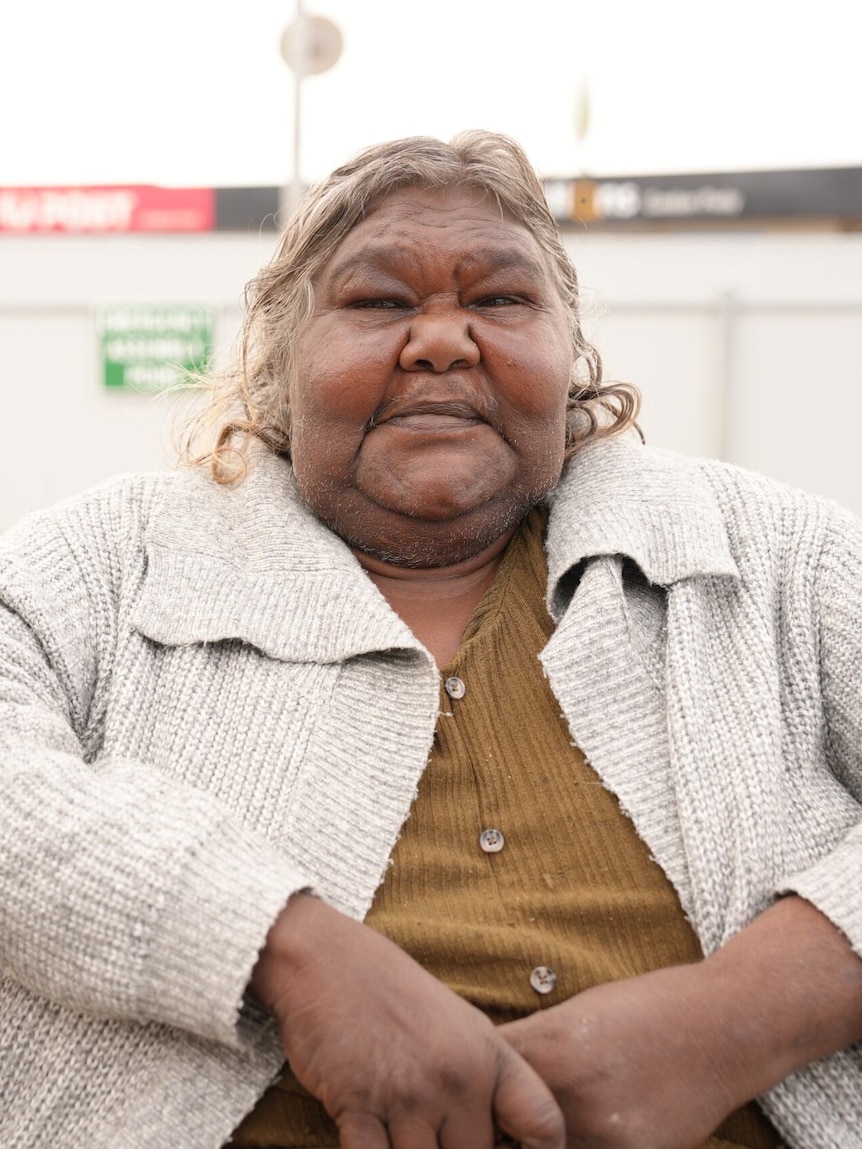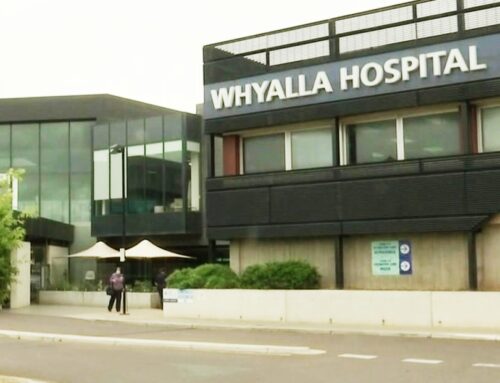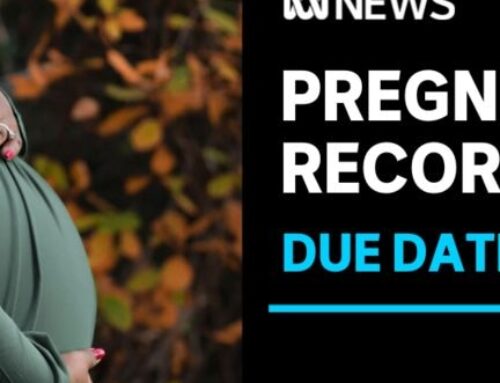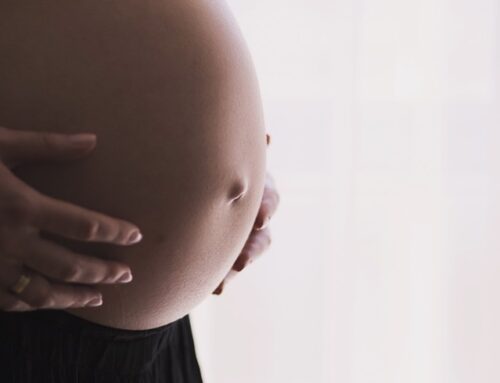Three years ago, Raelene Dodd was forced to pack up her life and move hundreds of kilometres away from family to access life-saving medical treatment.
But as of this month, Ms Dodd is now finally able to receive treatment for severe kidney disease on her country.
“I’m just glad I’m home,” she said.
The newly opened four-chair dialysis unit in the remote South Australian town of Coober Pedy is the first to open under the Commonwealth’s $73 million package for up to 30 similar facilities for First Nations people across the country.
Raelene knows she’s one of the lucky ones.
There is a growing diabetes and kidney disease epidemic in Central Australia where one in 100 people are on dialysis, one of the highest rates in the country.
Those afflicted are disproportionately First Nations people and patients are getting younger, with service providers overwhelmed and unable to keep up with demand.
Prevention focus needed
Health experts want a greater focus on preventing the disease and the burgeoning tide of human suffering that goes with it.
“Preventing people from feeling sick and having shorter lives is really important,” said Sarah Brown, chief executive at Purple House, the Aboriginal-controlled organisation delivering the new Coober Pedy service.
“We think that by having dialysis units like this and being able to demystify dialysis, and having really honest conversations with people about the things that they can do for their families not to need dialysis, is also really important.”
Dialysis is an essential treatment for people with end stage kidney disease, which can otherwise only be treated with a kidney transplant.
Over the past 20 years, Ms Brown has seen the crippling impact of kidney disease on patients, often paired with diabetes complications and sometimes requiring amputations.
She wants to see a broader attitudinal shift across Australia to strengthen Indigenous knowledge and culture for generations to come.
“Really, end stage renal failure, for the majority of people is about poverty, disposition and powerlessness,” she said.
“There’s a much bigger story to tell in terms of hopefully reducing the incidence of kidney disease and diabetes in the longer term, but some of that’s going to take some time.
“So in the meantime, we are focusing on helping people to get back to where they need to be and sucking the juice out of every day with their kids and their grandkids on country.”
Treatment closer to home
Assistant Minister for Indigenous Health Malarndirri McCarthy attended the opening of the Coober Pedy unit this week, which she said would increase the likelihood of patients accessing treatment while remaining connected to their community and family.
But she acknowledged more could be done to turn the tide on the devastating trends.
“We don’t want to see more of our younger First Nations people going on these chairs, we need to be able to prevent it,” she said.
It’s a deeply personal mission for Senator McCarthy, whose own mother had to move hundreds of kilometres away from her home community of Borroloola to dialyse.
Many patients forced to leave their home for treatment become dispirited and end up losing touch with family and culture.
“A lot of people decide that they just want to go back to country, whether there’s a dialysis unit there or not,” Ms McCarthy said.
“They say: ‘This is where I want to die,’ and that’s how real it is for people who are faced with this dreadful disease.”
Alongside her family, Ms Dodd embraces a rare glimmer of sunshine on an otherwise cloudy day.
After six years of meetings and consultation, she’s glad the facility has become a reality.
But she hasn’t forgotten her aunties and her uncles, also afflicted by the disease, who aren’t alive to see it open.
“They used to ask for this Purple House [facility] for years,” she said.
“It didn’t happen. It’s finally happened now.”




